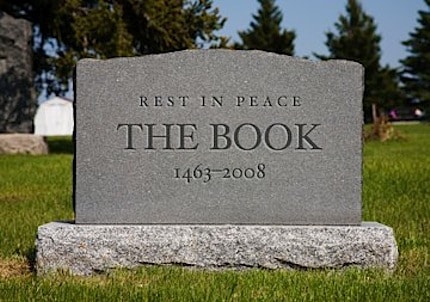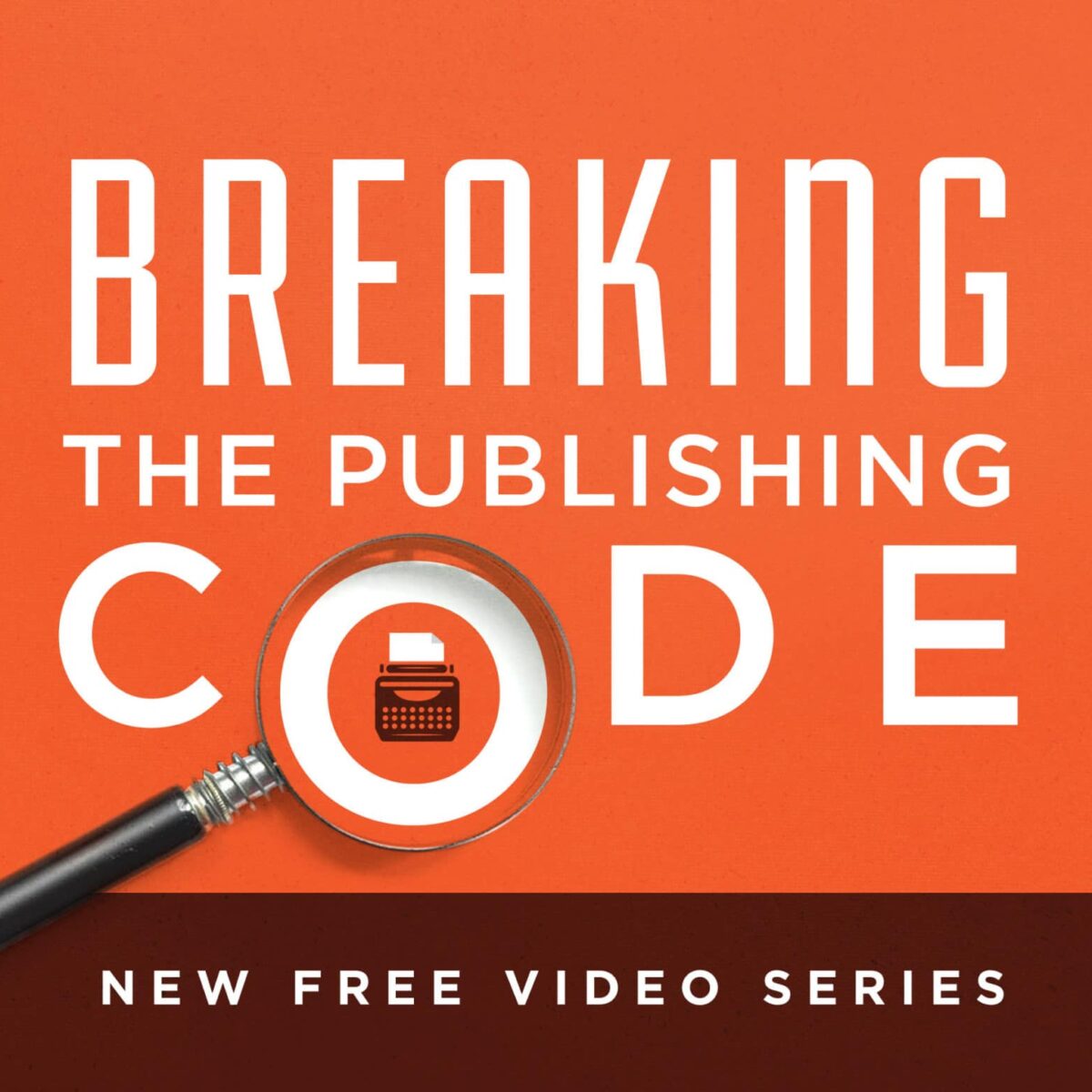The book, as we know it today, will eventually die. It won’t happen all at once. And it won’t happen immediately. But, in my opinion, it is inevitable. Why? One word: efficiency.

The essence of technology is that it makes things more and more efficient. It automates processes—or completely eliminates them. As it does so, it takes costs out of the system. Once it is unleashed, it generally can’t be stopped.To quote Jeff Bezos, CEO of Amazon, “The book publishing industry is perhaps the last bastion of analog [non-digital] technology.” This is so because the book itself is such an amazing piece of portable technology. I won’t rehearse the value of this technology; it has been well-documented in other places.
Nevertheless, the book publishing process is begging to be improved. Consider the following inefficiencies that plague the system:
- The book manufacturing process is inefficient. As Newsweek noted in their article on the Amazon Kindle, “We chop down trees, transport them to plants, mash them into pulp, move the pulp to another factory to press into sheets, ship the sheets to a plant to put dirty marks on them, then cut the sheets and bind them and ship the thing around the world.”
How much longer will an increasingly environmentally-conscious public tolerate this kind of waste? There must be a better way.
- The book distribution process is inefficient. For starters, retail bookstores have limited shelf space. Almost 200,000 new books are published each year. This doesn’t include the millions that are already in print (what the publishing industry terms “backlist”). Publishers have to persuade booksellers to stock their books.
Then, once the bookseller places his order, the publisher ships them to the store, where someone has to unpack them and put them on already over-crowded shelves. If the bookseller doesn’t sell the books, he ships them back to the publisher, where they are processed and placed back into inventory. Sometimes, they are even shipped back to the same account!
If demand for the book disappears, the books are sold to “remainder” houses who often re-sell them to the same bookstores for pennies on the dollar. (Sometimes, I think that the only ones making money in the publishing business are the trucking companies.)
- The book buying experience is inefficient. If I want a book today, I have to get in my car and drive to a local bookseller. The first challenge I have is to see if the store even stocks the book I want. If it’s a bestseller, I can usually find it at the first store. If not, I will more often than not waste a trip.
Then, If I can find the book, I have to go through the checkout process. Sometimes this is not a big deal; other times, I have to wait in line for five to ten minutes. This doesn’t sound like much but it creates additional friction in the buying experience.
While I’m reading the book, I have to transport it with me. On a recent trip, I took three books in addition to my laptop. When my kids go to school, they take an entire bag full of books. It’s a hassle.
Then, when I finish the book, I have to store it. Don’t get me wrong, I love books—I love surrounding myself with books. (You should see my house.) But I, too, have limited shelf space. Currently, I have a separate storage facility housing books I don’t have room for in my home or office.
Retrieving information is also a hassle. I have to remember where I stored the book and then I have to remember where in the book I actually read it. This process can take any where from a few minutes to hours.
So, again, traditional books won’t disappear overnight, but the drive for more efficiency will radically alter the industry over the next few years. A device like the Amazon Kindle solves most of these problems. It makes the manufacturing, distribution, and buying experience much more efficient. While this may not be the exact device that creates the tipping point, I think it does move us significantly in that direction. The digital path is more clearly marked than ever.
As a result, publishers, printers, and booksellers need to come up with a game plan for how they will respond. Most of us have a plan, but we need to move faster. I don’t think we have much time. The clock is ticking.
Update: Please read my response to some of the comments I have received in my new post entitled, Is It Really Books That We Love?
Disclosure of Material Connection: Some of the links in the post above are “affiliate links.” This means if you click on the link and purchase the item, we will receive an affiliate commission. Regardless, we only recommend products or services we use and believe will add value to our readers. We are disclosing this in accordance with the Federal Trade Commission’s 16 CFR, Part 255: “Guides Concerning the Use of Endorsements and Testimonials in Advertising.








